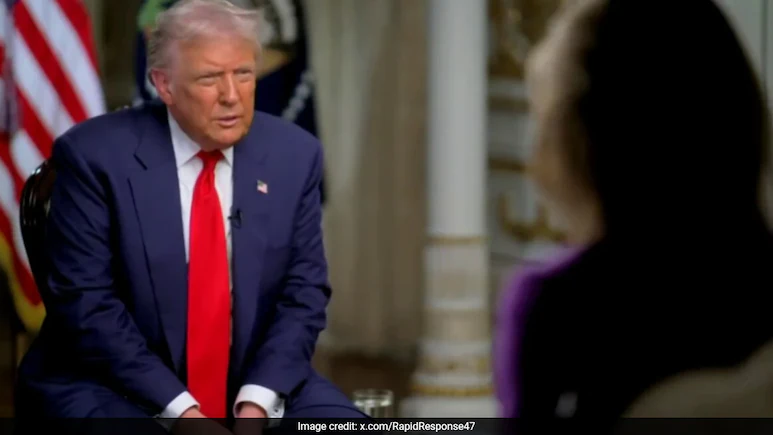Washington, D.C. — The Trump administration has revoked nearly 80,000 non-immigrant visas since taking office, marking one of the most sweeping visa enforcement actions in U.S. history, according to a senior State Department official.
The revocations — which include visitors, students, and temporary workers — stem from a range of offenses. About 16,000 cases were linked to driving under the influence (DUI), roughly 12,000 to assault, and nearly 8,000 to theft, the official said, speaking on condition of anonymity. “These three crimes accounted for almost half of all revocations this year,” the source added.
The figures underscore the administration’s broad immigration crackdown launched soon after President Donald Trump took office, which has included mass deportations — even of visa holders — and far stricter screening measures.
The State Department has introduced tougher social media vetting, expanded background checks, and directed diplomats abroad to deny visas to applicants viewed as politically “hostile” to U.S. interests.
In August, the department confirmed the cancellation of more than 6,000 student visas for rule violations and overstays, including a small number linked to “support for terrorism.”
Officials also acknowledged last month that at least six people lost their visas over social media posts related to the assassination of conservative activist Charlie Kirk.
Secretary of State Marco Rubio said earlier this year he had personally revoked the visas of “hundreds, perhaps thousands,” of individuals — including students — whose actions allegedly ran counter to U.S. foreign policy.
Human rights groups and civil liberties advocates have condemned the policy as politically motivated, noting that several deportations and visa cancellations have targeted Palestinian supporters and individuals critical of Israel’s conduct in Gaza.
Trump administration officials, however, defend the measures as necessary to protect national interests. They argue that expressions of support for Hamas or criticism of U.S. allies constitute “security risks” under Washington’s foreign policy framework.
The move represents one of the most aggressive uses of visa authority by any U.S. administration — a signal that the White House is prepared to extend its definition of “threats to national security” well beyond traditional boundaries.

